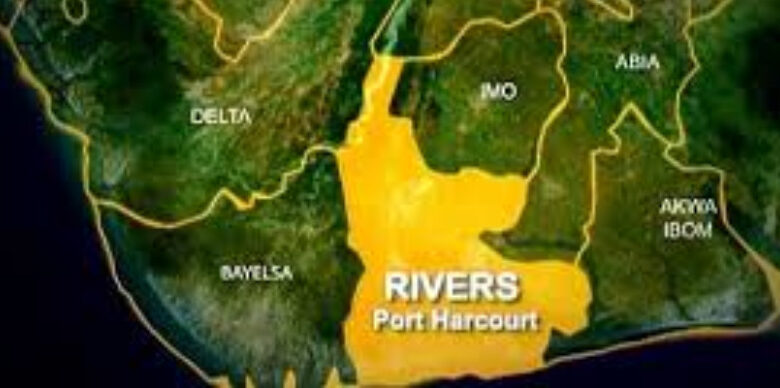Rivers crisis: Power struggles and the future of governance

Rivers State, one of Nigeria’s most economically vital regions, is currently at a crossroads. Once known primarily for its oil wealth and economic potential, the state has now become a battleground for political dominance, exposing deep-rooted tensions between former Governor Nyesom Wike and his successor, Governor Siminalayi Fubara. This ongoing crisis raises fundamental questions about governance, loyalty, and the future of democracy in Nigeria.
The political tension between Wike and Fubara is anything but ordinary. Initially seen as allies, their relationship has deteriorated into an intense power struggle. Wike, now the Minister of the Federal Capital Territory, still wields significant influence in Rivers’ politics. However, Fubara, determined to assert his authority as governor, has resisted Wike’s hold on the state’s affairs. This has led to legislative conflicts, attempts to impeach the governor, and an overall sense of instability.
At the heart of the conflict is the question of who truly controls Rivers State—the elected governor or his powerful predecessor? This situation is a stark reminder of the “godfather” culture in Nigerian politics, where former leaders seek to maintain dominance long after leaving office. If Rivers State is to move forward, it must break free from this cycle of political control and focus on governance that serves its people.
While the political battle rages on, governance in Rivers State has suffered. The crisis has overshadowed pressing issues such as infrastructure development, security, and economic growth. The state, which should be focusing on improving the lives of its citizens, is instead consumed by power struggles.
Investors and business owners are growing wary of the instability. When politics takes centre stage, the economy often takes a backseat. The people of Rivers State deserve leadership that prioritises progress over personal rivalries. The longer this conflict drags on, the more the state risks economic decline and social unrest.
President Bola Tinubu’s administration cannot afford to ignore the crisis in Rivers State. While federal intervention should be measured, it is crucial to ensure that democracy and the rule of law are upheld. There must be a clear distinction between political influence and governance. If the situation is mishandled, it could set a dangerous precedent for other states, encouraging further power struggles across Nigeria.
The only way out of this crisis is through genuine dialogue and compromise. Governor Fubara must be allowed to govern without undue interference, while Wike must recognise that leadership transitions require letting go of power. State legislature, rather than being a tool for political manoeuvring, should act as an independent body focused on the interests of the people.
Rivers State has too much potential to be held hostage by political conflict. Its leaders must rise above personal interests and commit to building a stable, prosperous future. People deserve nothing less.
George Brian writes via [email protected]





